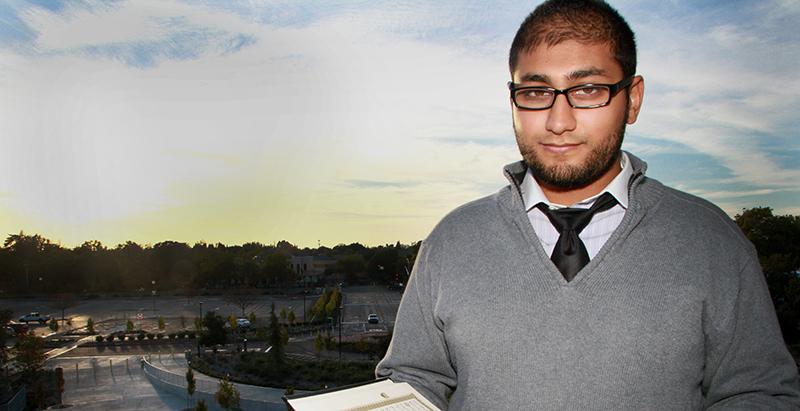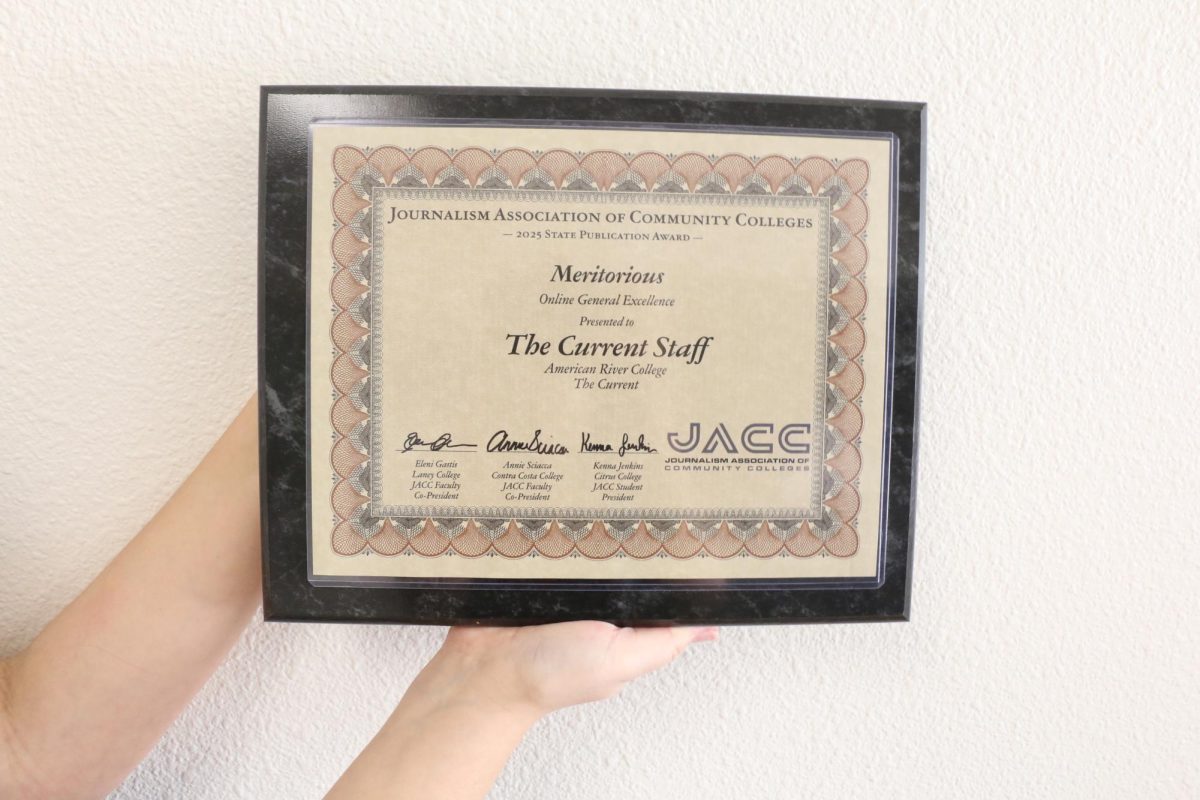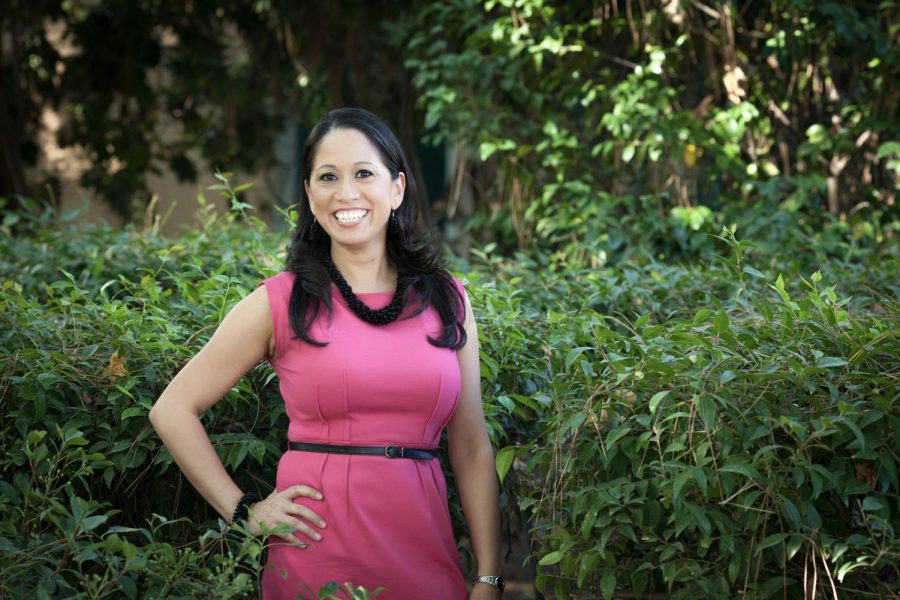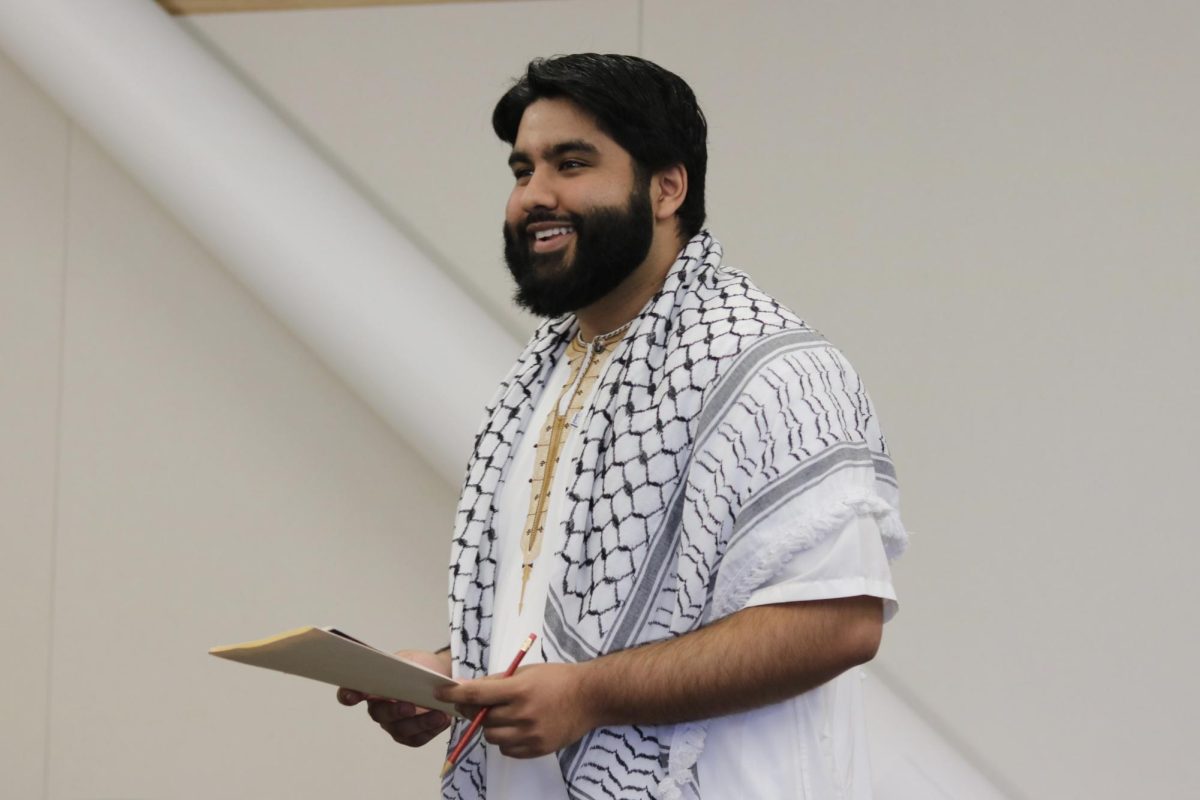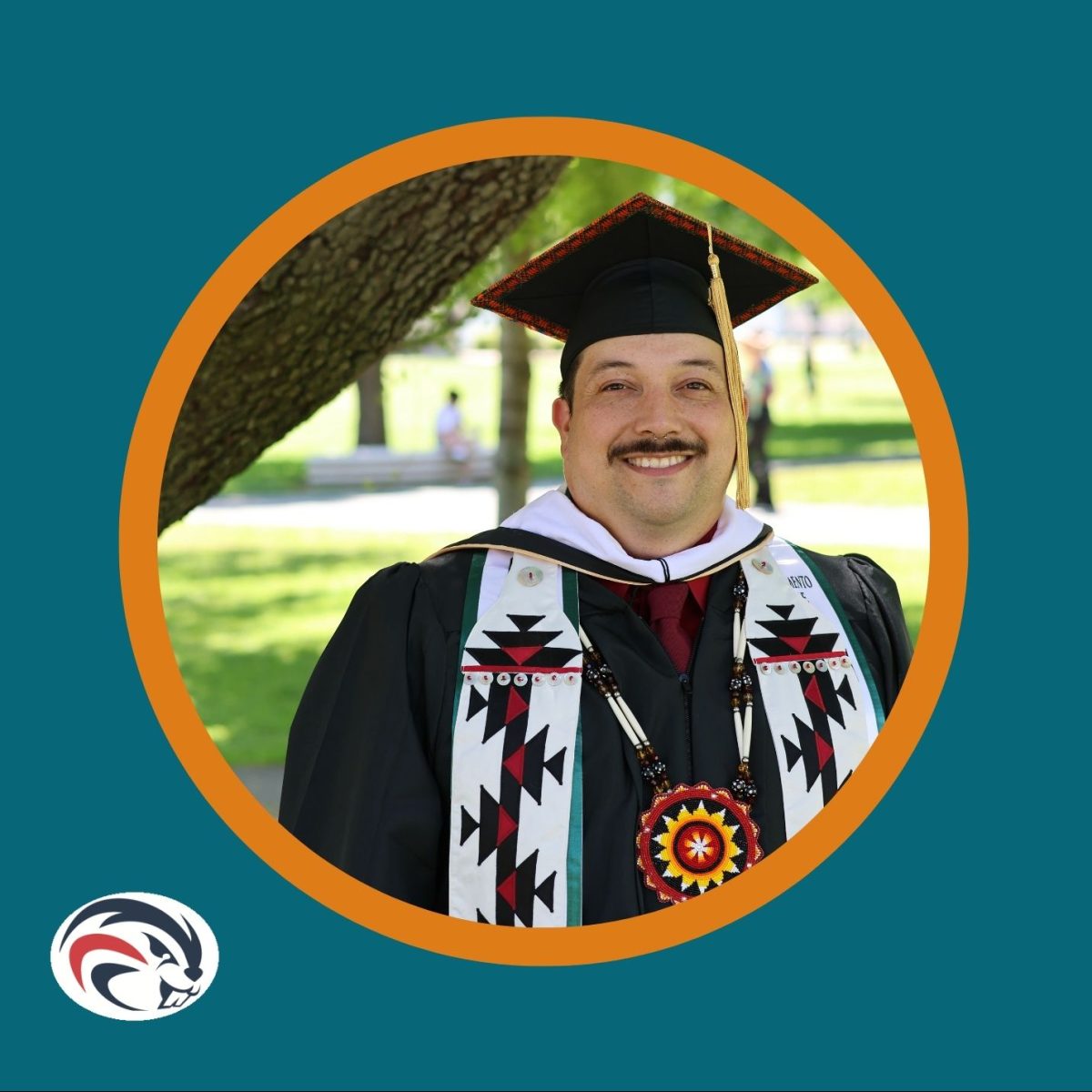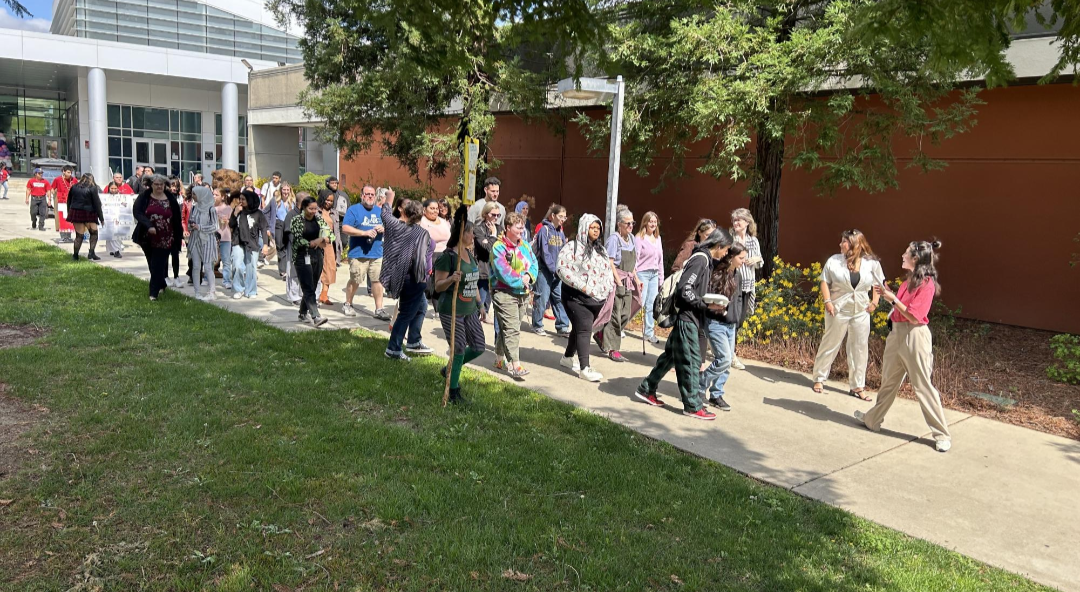“There have been times where I felt like my life was threatened,” said American River College criminal justice major Zuhaib Islam. “I’ve been called a terrorist.”
Islam, 24, is a practicing Muslim.
In the aftermath of President Barack Obama’s announcement of a strategy to “degrade, and ultimately destroy” the Islamic State, more popularly known as ISIS, both Muslim-American and military veteran students at ARC gave their thoughts on what it is like to be a Muslim in America and on American involvement in the Middle East.
Islam reflected the sentiments of a community that has faced apprehension since the Middle East became a fixture of American television sets after 9/11.
“Personally, I don’t think we should’ve ever went,” said Islam. “Saddam Hussein was a terrible human being, but removing him from power is what created the vacuum that ISIS is now filling.”
Zuhaib is adamant that the Islamic State is as much a threat to Muslims worldwide as it is to Western nations.
“The primary target of ISIS are not Americans — they are Muslims,” he said. “They are being killed by these extremists, and at this point, some sort of involvement by the U.S. military is necessary.”
Islam is a member of the Salam Center for Higher Islamic Learning, a mosque located adjacent to the ARC campus that has been in operation since 2010.
Islam feels that the recent spread of extremist ideology aimed at practicing jihad, or “holy war,” are completely out of line with the religion’s true intent.
“The Prophet teaches us that there are no groups of people that are better than others outside of their faith,” he said. “There are verses in the Quran that dictate violence, just like the Bible, and many other religious texts. Islam is a comprehensive religion that invites multiple ways of interpretation.”
Islam said he has felt physically threatened before because of his faith, but insisted that Sacramento was more accepting than other places.
“People have said things to me over the years that made me feel that my personal safety was at risk, but Sacramento is the most diverse city in California I feel. I’ve been blessed with a very welcoming and understanding community,” he said.
While the creation of the mosque has been a success for the local Muslim-American community, they continue to face an uphill battle in combatting anti-Muslim tensions that have gripped the United States since 9/11.
Amani Zuaiter, 18, a Muslim-American American River College student who is majoring in Biology, says that the Islamic State doesn’t speak for him.
“People ask me what I think about ISIS all the time. It bothers me a little, because ISIS doesn’t represent me or my religion…I don’t know any Muslims that support what they’re doing.”
A poll published by the American Arab Institute in June of this year revealed anti-Muslim sentiment continues to linger in the United States — and is growing.
The poll shows that 42 percent of those questioned support the use of profiling by law enforcement against Arab Americans and American Muslims.
Chris Rogers, 29, who is part of the Veteran’s Resource Center VA Work Study program on campus and currently majors in Computer Science and Applied Math, echoed the sentiments of Islam and Zuaiter as he recounted his experience serving in the U.S. Army as a medic in Western Baghdad from May 2007 to March 2008.
“We were trained by the military to view everyone as suspect … at first, that did color my view of Muslim-Americans in general,” he said. “However, when I served in Iraq, I saw plenty of people, young and old, who wanted to better their situation. They were always good to me.”
Rogers maintained that U.S. involvement in the Middle East is also about protecting the freedoms of Muslims.
“I have ran into some service members that have problems with Muslim-Americans,” he said. “I don’t have a problem with them however — if we’re going to stand up for the freedoms of any group, then we should also stand up for the rights of Muslim-Americans.”
Rogers also agrees with Islam on the necessity of the U.S. intervention against the Islamic State’s plans of Middle Eastern conquest, but stresses that a different approach must be taken instead of relying on drones, remote missiles, and relentless air assaults.
“I don’t think an air war is going to do anything positive — only increase civilian casualties…when it comes to a ground war, there is a lower chance of collateral damage,” he said.
“If the United States really wants to be able to take care of the problem as the politicians look at it, they will have to send boots in. It’s the only real way to do anything about it.”
Patrick Steuber, 23, also a member of the Veteran’s Resource Center on campus and majoring in Psychology, was stationed in the Helmand Province of Afghanistan as infantryman in the U.S. Marine Corps from October 2010 to May 2011.
Steuber recounted the assistance that he received from Afghan interpreters during his time in the Helmand Province.
“A lot of our interpreters in our unit were extremely helpful. They helped to show me that not everyone in Afghanistan was an extremist.”
“Initially when I first came home, my perceptions of Muslim Americans were changed … (but if) you’re going to judge all Muslims by how you dealt with extremists, it’s the same as judging everybody by the discretions of their heritage,” Steuber said. “For example, do we judge Christians because of the actions of the Westboro Baptist Church? Of course not.”


